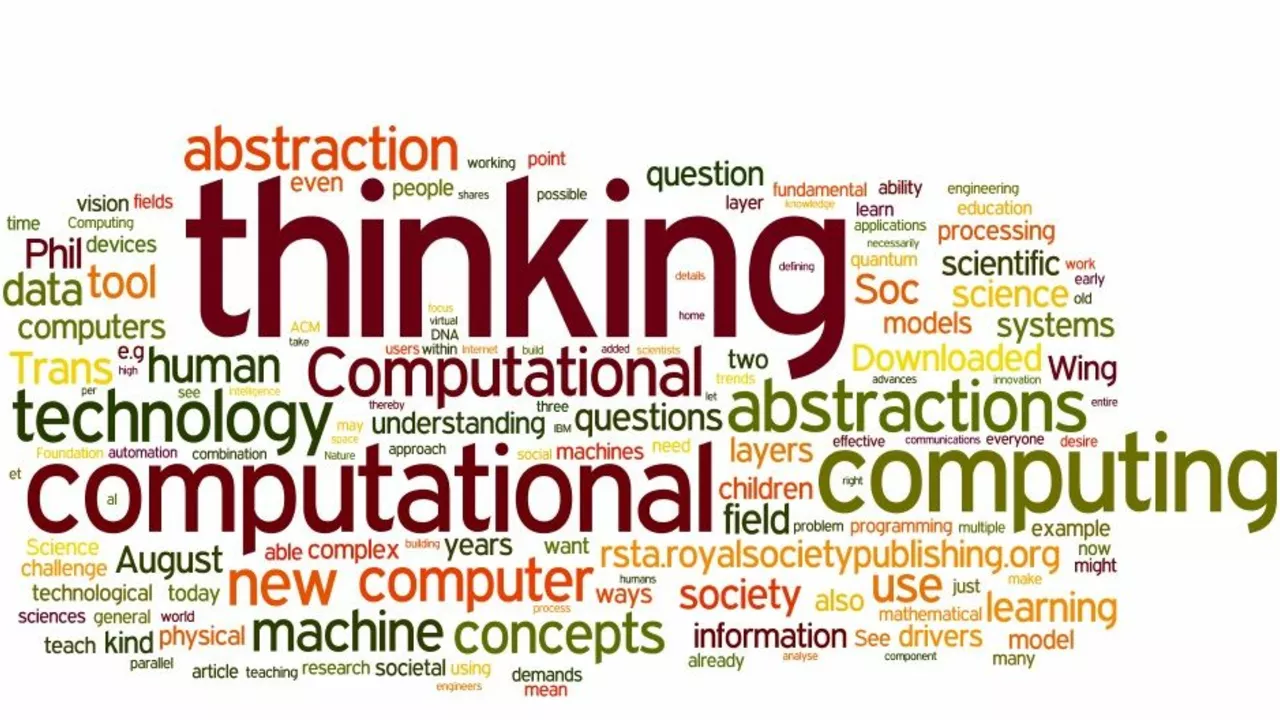Understanding Terminology: Quick Guides to Everyday Tech Jargon
Ever stumble on a word like “quantum computing” or “content repurposing” and feel lost? You’re not alone. In the fast‑moving world of tech and media, new terms pop up daily, and most people just need a clear, plain‑language definition. This page gives you fast, practical ways to break down confusing words so you can read articles, follow podcasts, and join conversations without the headache.
Why Clear Definitions Matter
When you understand the language, you understand the ideas. Knowing what “feasible” means in a business plan, or how “machines” differ from “technology,” lets you evaluate claims, ask smarter questions, and make better choices—whether you’re buying a gadget or planning a career move. A solid grasp of terminology also saves time; you stop Googling every other sentence and can focus on the real content.
Three Simple Steps to Master New Words
1. Spot the Context. Look at the sentences around the term. Is it used in a sentence about education, like “educational technology,” or about finance, like “risk assessment”? The surrounding words often hint at the core meaning.
2. Break It Down. Many tech words are combos of familiar parts—"crypto" (hidden) + "currency" (money) = cryptocurrency. Splitting a word into its roots can reveal a lot without a dictionary.
3. Find a Real‑World Example. Swap the abstract for something concrete. For instance, “content repurposing” isn’t just a buzzword; it’s when a single blog post becomes a video, a podcast, and a social media carousel. Seeing it in action makes the term stick.
Let’s try a quick walkthrough. Suppose you read an article titled “Innovative Applications of Quantum Computing.” You might wonder, “What’s quantum about it?” First, note the context—talk of drug discovery and cryptography. Second, split the term: “quantum” relates to the smallest particles in physics, and “computing” is processing data. Third, think of a real example: a quantum computer can test thousands of drug molecules at once, something a regular computer would take years to do.
These steps work for any jargon, from “AI” to “blockchain” to “feasible.” By consistently applying them, you’ll build a personal glossary that grows with each article you read.
Ready to test yourself? Scan the list of posts on this tag page and pick any title that catches your eye. Use the three steps to decode a word you don’t know, then write down your own short definition. Over time, you’ll notice patterns—many terms share roots like “tech,” “info,” or “digital”—and you’ll find yourself predicting meanings before you even look them up.
Remember, the goal isn’t to become a linguist; it’s to stay informed and confident. Whether you’re a high‑school student hunting an internship, a teacher adding tech to the classroom, or just a curious reader, mastering terminology keeps you ahead of the curve. Keep this page bookmarked, come back whenever new words pop up, and use the simple steps to stay fluent in the language of today’s tech world.

Decoding Education: Grasping Terminology & Technology
In simple terms, 'terminology' is the study of terms and their use, it's basically a system of words used in a particular discipline. 'Technology', on the other hand, refers to the application of scientific knowledge for practical purposes, including digital devices, software, and machinery. So while terminology is about words and their use, technology is about making life easier through scientific advancements. Both hold a significant place in our daily lives, helping us communicate effectively and perform tasks more efficiently. In a nutshell, one gives us the language, while the other equips us with tools.